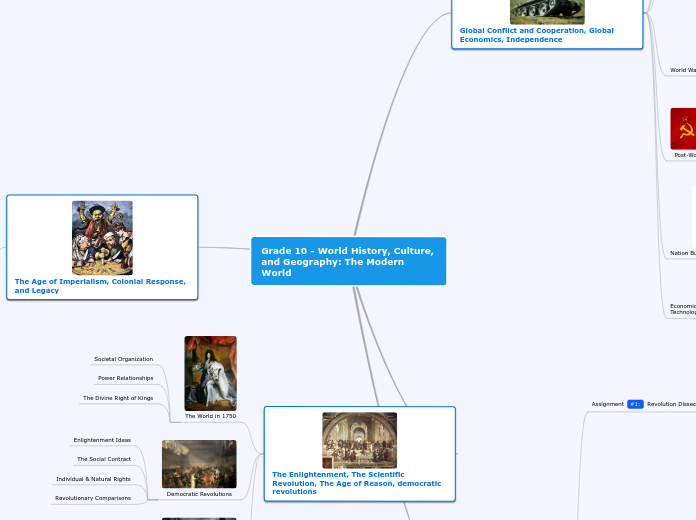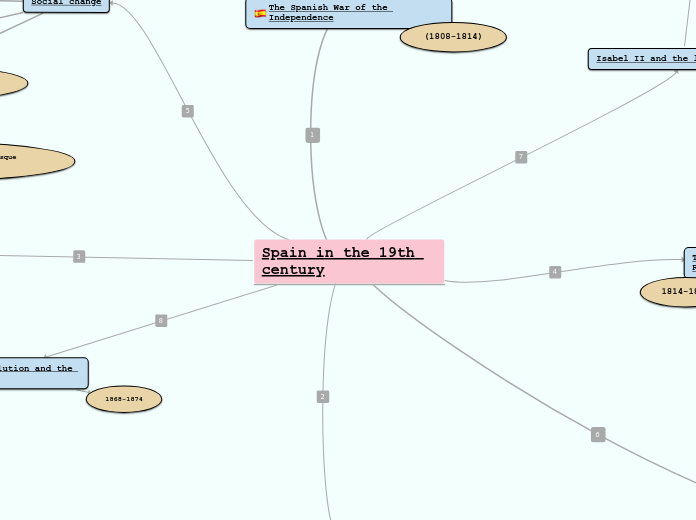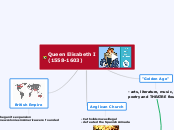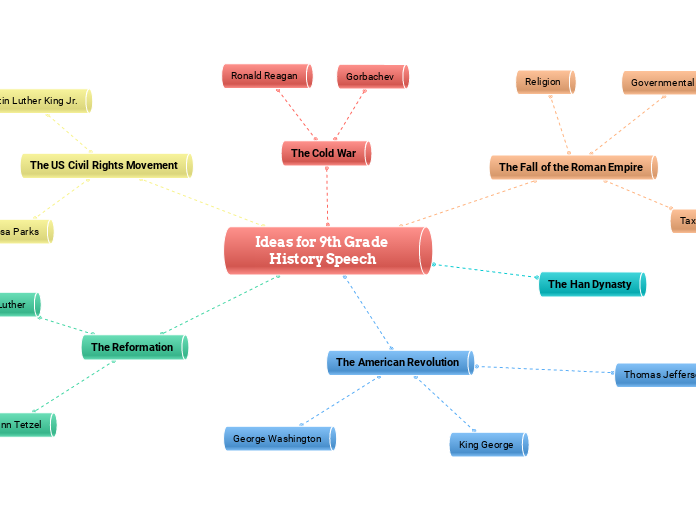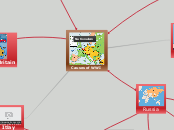によって Daniel Tomcheck 5年前.
770
Grade 10 - World History, Culture, and Geography: The Modern World
The exploration of modern world history covers significant transformative periods such as the Enlightenment and the Scientific Revolution, where new ideas about democracy and individual rights began to take shape.
